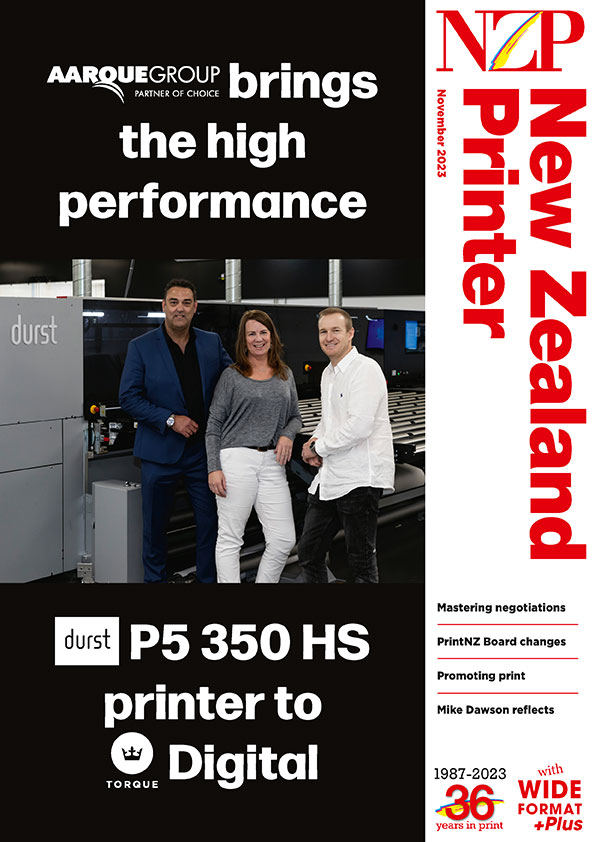Web offset production is a complex flow of raw material inputs, some
of which incur waste during production, plus an output of the finished
job – along with other liquid and solid waste.
Reduction of process waste is economically important as energy prices
have hit the roof and are unlikely to return to previous levels; the
costs of water and waste disposal are climbing; and most raw materials
have increased in cost.
Waste is often seen as valueless but its
recycling/re-use value can be much higher than the cost of its
disposal – it includes all materials and packaging used in the
production process.
One of the guide's key findings is that an environmental
policy integrated into a manufacturing strategy has compelling
business advantages. These include the opportunity to reduce costs,
increase competitiveness, become more innovative and enhance staff and
customer confidence, whilst avoiding the potentially expensive risks
of non-compliance.
In many cases, companies may also qualify for funding opportunities,
tax incentives and reduced insurance premiums. In addition,
environmentally aware printers benefit from an increasingly positive
brand value perception, particularly as more and more of their
customers are adopting third-party certified Corporate Social
Responsibility reporting.
Businesses that take only a minimum
compliance approach miss all of these opportunities and have a higher
risk of fines and remedial costs.
"For this guide, we have been able to draw from the resources and
experience of Quad/Graphics who have implemented pro-active
environmental programmes that are economically effective," says
Randall Freeman, vice president of Business Development of QuadTech
and a member of WOCG.
There is significant scope to reduce the toxicity and volume of
chemistry in the offset printing process. This includes alcohol-free
fountain solutions, vegetable cleaning agents and inks, and a new
generation of virtually process-free plates.
Computer hardware and
software have already played critical roles in finding non-chemical
prepress alternatives. Good maintenance is also environmentally
important because it helps reduce energy, waste, cleaning materials
and noise, plus it facilitate health and safety compliance.
Environmental legislation began in the United States in the late 1960s, followed
by Japan, Europe and Australia, and now extends to China, Asia and
South America.
Nations at the 30th G8 Summit reaffirmed their
commitment to sustainable development and approved the 3R initiative
to encourage reduction of waste, reuse and recycling, along with the
duty of care regarding all waste.
Although this is a global trend, there are at local, national and
international levels significant variations in laws, definitions and
classifications. This means that there is no single compliance formula
for the best, most cost effective sustainable solution for
environmental performance.
"The goal of this guide is to provide both a global overview of the
environment and practical examples that can help companies implement
effective actions," adds Nigel
Wells, WOCG's managing editor.
"Sharing information of what is happening in
different parts of the world helps identify best practices that can be
adapted to improve environmental and business performance."
The latest Web Offset Champion Group best practice guide can be
obtained from the Web Offset Champion Group's official web site or from any of the group's
members: Aylesford Newsprint, Kodak,
MacDermid Printing Solutions, MAN Roland, MEGTEC, Muller Martini,
Nitto Denko, QuadTech, SCA or Sun Chemical.

